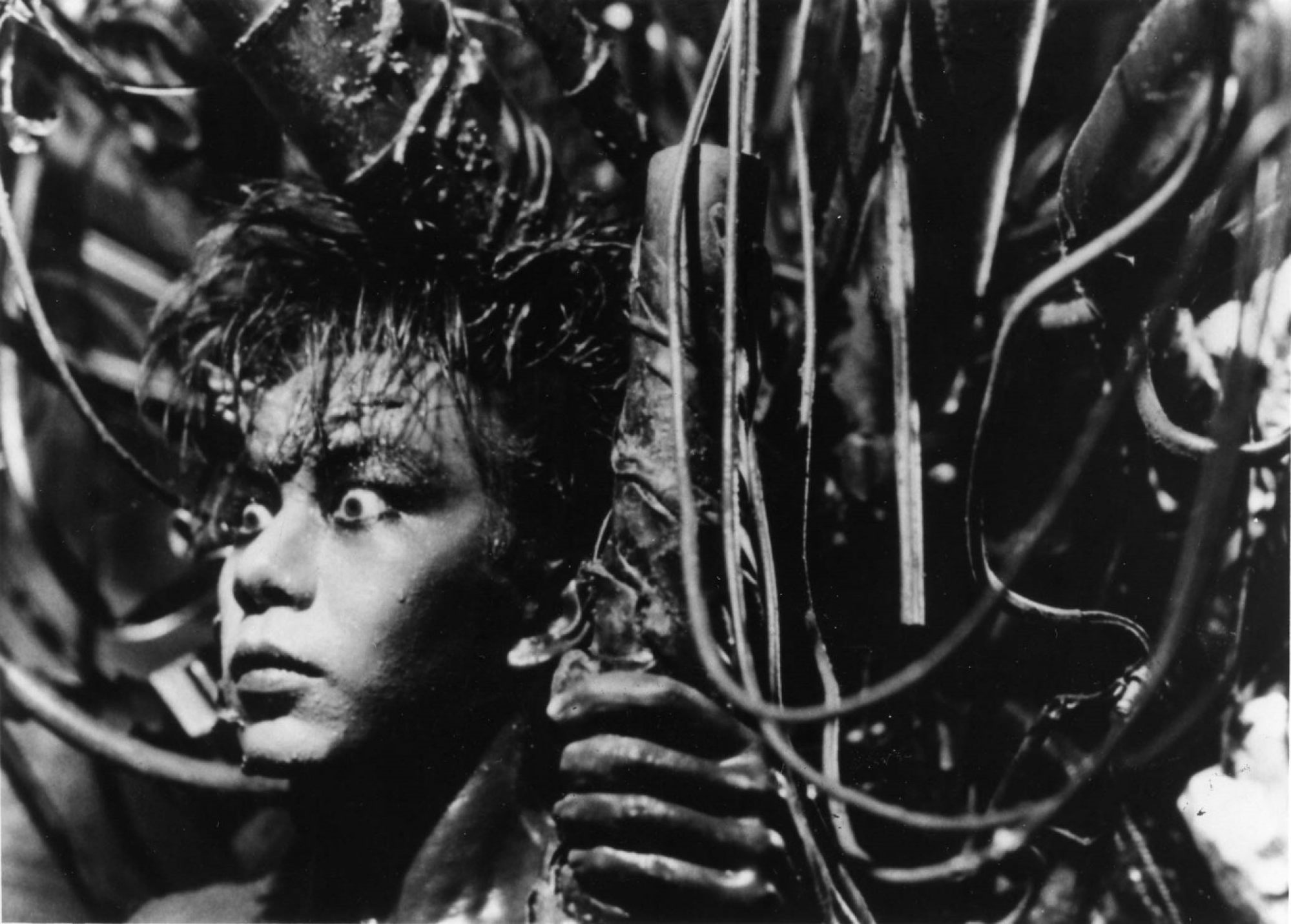5 favourite films of fashion upcycler, from uplifting to uproariously funny
5 favourite films of fashion upcycler, from uplifting to uproariously funny
Here, Chen shares more about films that have resonated with him.
1. Paris is Burning (1990)
The film had a big impact on Chen.
“I watched it when I was 16 and it was like an enlightenment of sexuality when I was struggling with my own,” he says. “I could see that someone like me could be proud of themselves, be beautiful and shine like a star on stage. It motivated me to search for my own chosen family and build a safe space with love and support for marginalised communities.”
Chen recalls an American drag performer Dorian Corey quote in the film that resonated with him: “It wasn’t a question of a man and a woman and children, which we grew up knowing as a family. It’s a question of a group of human beings in a mutual bond.”
“One of the film’s core themes,” says Chen, “is chosen family – a form of kinship providing love and support among LGBTQ communities, like the ‘houses’ in the movie, which are overseen by older ‘house mothers’. The house mothers look out for the often homeless and skint youths who escaped their biological family due to poverty and homo/transphobia.”
2. Quantification Trilogy (2018)
Directed by Jeremy Shaw, this is a series of sci-fi short films that explore life in marginalised societies following a technological advancement that has mapped all parameters of spiritual experience.
“For me, the film evoked a very important question: how would our beliefs or faith evolve in a technological future where all the spiritual experience can be quantified and interpreted as neural signals to our brain?

But, asks Chen, would these technologies permanently change our perceptions, emotions and cognitions and replace the foundations of humanity, such as physical touch, the sense of community and spirituality, with virtuality, like the future depicted in the film?
“We should be aware of these delusions created by machines […] they might conceal the potential risk to human nature.”
3. Tetsuo: The Iron Man (1989)
This film, by Japanese director, producer, writer and actor Shinya Tsukamoto, is a cyberpunk, body horror and experimental movie classic, says Chen.
“I am always wondering if a human can transform into a machine or something hybrid, like the tools humans invented becoming part of our bodies […]
“For example, I can’t live without my glasses, for my short-sightedness. So would that already make me a cyborg, partly human and partly machine? What if I don’t feel like a human, can I identify as other non-human beings like other species or machines or something in-between?

“I feel like identity can be fluid, not just gender and sexuality, even our fundamental identity as humans can be questionable and morphable. The film tells the fear and desire of such a complex post-human identity in a post-industrial and technological society.”
4. Let’s Love Hong Kong (2002)
Yau Ching was the first to direct a lesbian feature in Hong Kong, the film breaking the stereotype of lesbian fantasy depicted by cis-male directors in the male-dominated film industry, says Chen.
“It’s a complex story about the fluctuating and uncertain relationships of a lesbian couple, mother and daughter, cybersex worker and client in a city with fast-paced social changes.

“It’s like a love letter from the director, sharing that no matter how much we struggle with relationships, whether they be romantic, sexual or otherwise, it reflects how much we devote our love into these relationships.”
5. Blue (1993)
“By this time, Jarman had become blind, and the film is devoid of any imagery, plot or characters, with only poetic music in the background, his own narration, and the eponymous blue colour that fills the frame from beginning to end,” says Chen.
The film, adds Chen, depicts Jarman’s struggle with Aids and the wider struggle of the gay community in the 1980s and 90s. “I cannot imagine the reality that everyone I know is sick, seeing all my friends and lovers die in the Aids epidemic, and that the next one could be me,” says Chen.
“Seeing two hours of blue screen, I can relate to the director’s disability due to Aids, which reminds me of the relationship between disability rights and queer rights, and how different marginalised communities are intersected.
“We all age and our bodies will be dysfunctional eventually due to disease, and when the time arrives, we are all going to be disabled. Disability rights, like queer rights, are human rights – we should make society liveable for everyone.”
